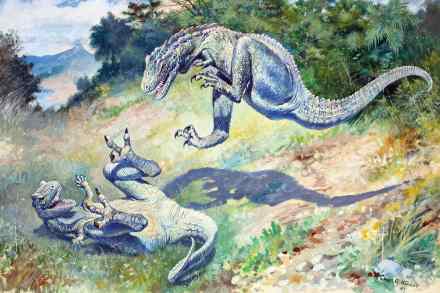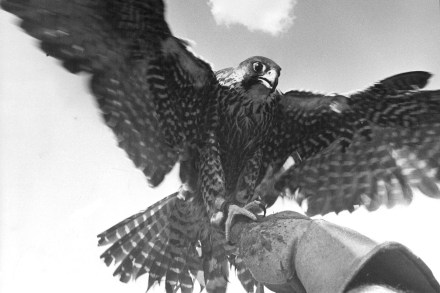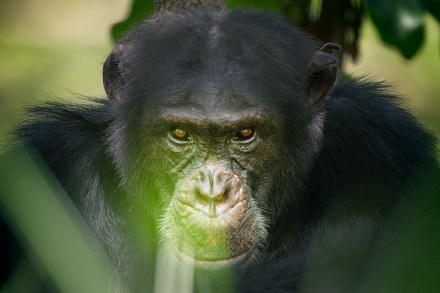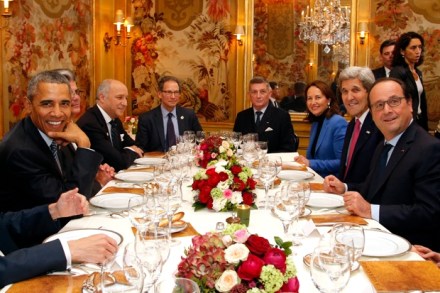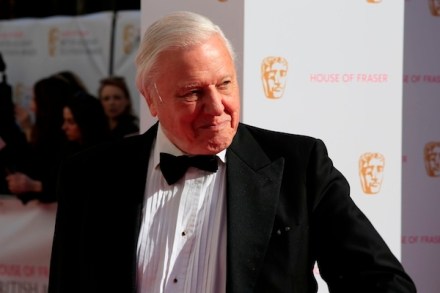The art of extinction
In one of Italo Calvino’s fables, a single dinosaur survives the extinction of his kind. After a few centuries in hiding, he comes out to discover that the world has changed. The ‘New Ones’ who have taken over the planet are still terrified of dinosaurs; they tell each other terrifying stories about the time when the reptiles ruled the world, or secretly fantasise about being brutalised by them, but they don’t recognise the survivor for what he really is. They no longer know what a dinosaur looks like. The newcomer is given a name – the Ugly One – and invited into their society. Eventually, they find a heap of
